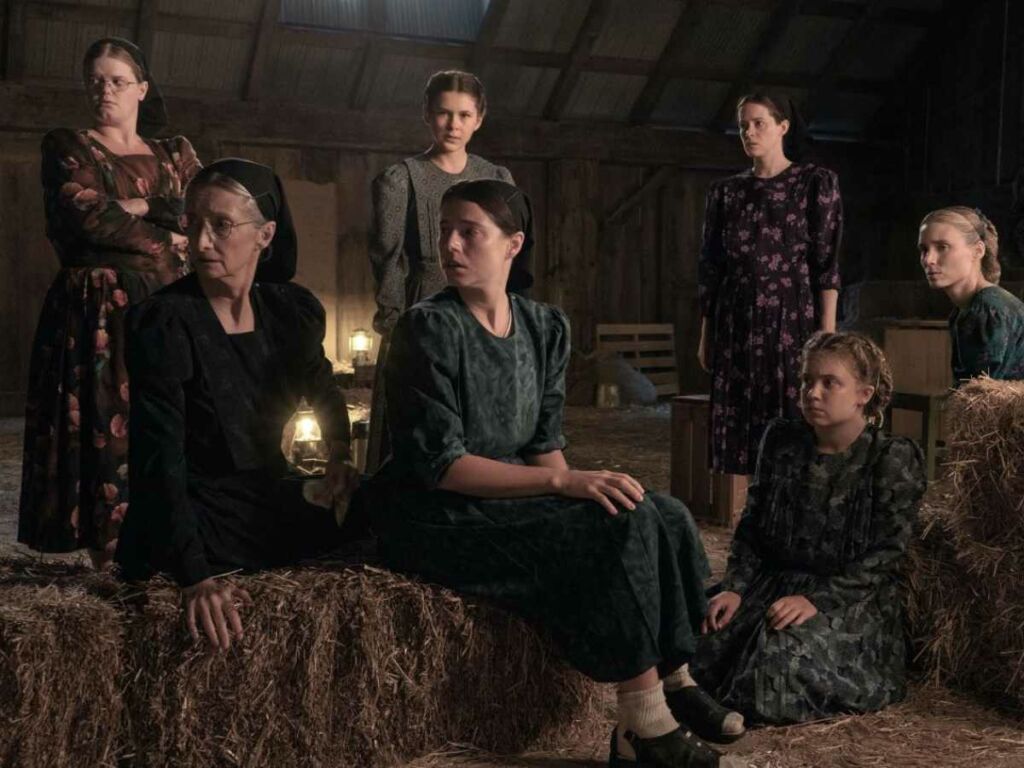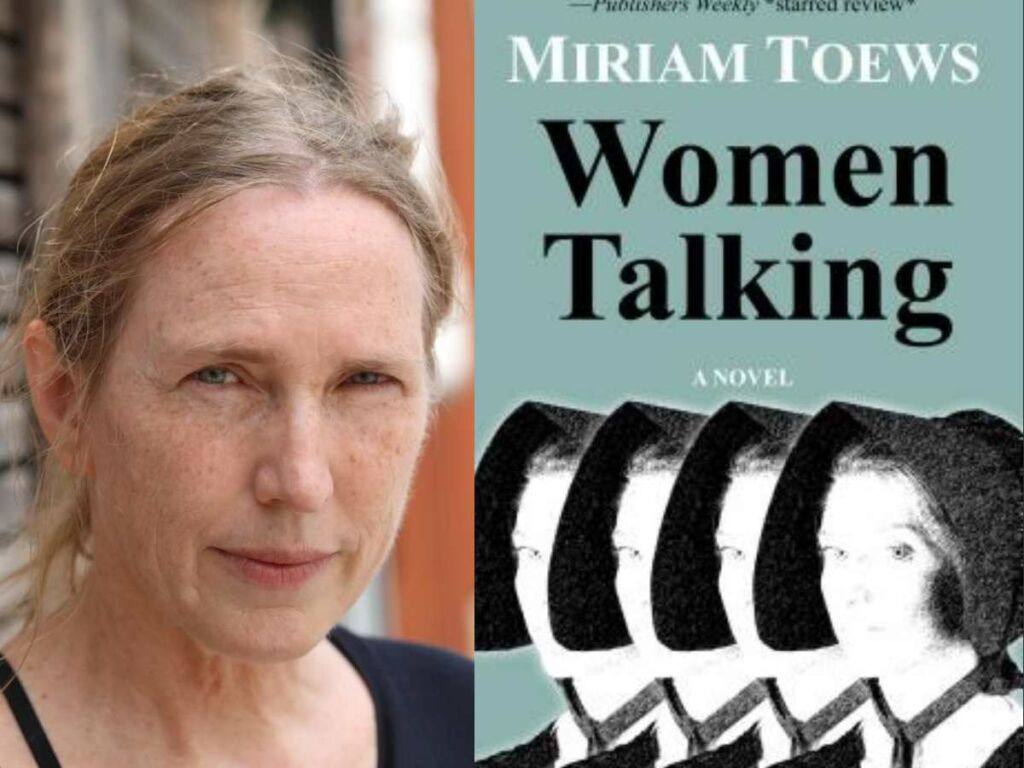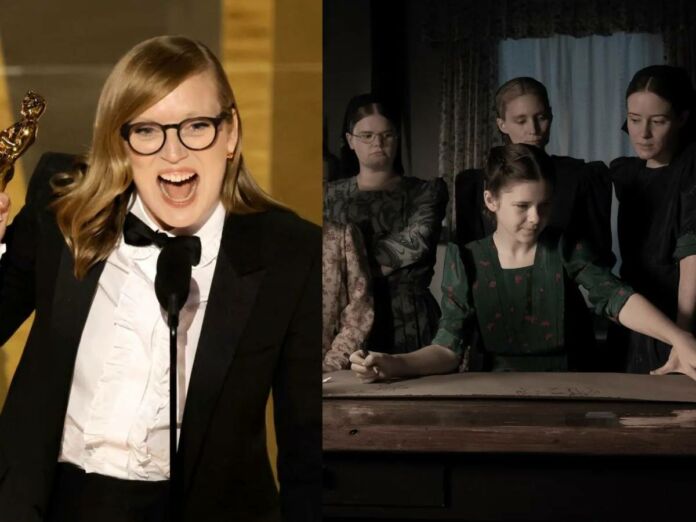At the 95th Academy Awards, The Daniels emerged as the night’s biggest winner with seven Oscar wins. Despite their show-stealing display, other victories lit up the room. Canadian filmmaker Sarah Polley took the coveted statuette for her adapted screenplay for ‘Women Talking.’
She also directed this star-studded ensemble about a group of Mennonite women who grapple with reconciling a brutal reality with their faith. Based on shocking events, Sarah Polley’s film is a thoughtful and thought-provoking examination of a community dealing with its damaged relationship with God and men.
Related: ‘Everything Everywhere All At Once’ Dominates The Oscars 2023
‘Women Talking’ Tackles Faith In A World Without Mercy

In Sarah Polley’s ‘Women Talking,’ the women talk. They talk, ponder, deliberate, weigh, breathe, and grind upon the most crucial question on which their life hangs. On learning that the bodily injuries have resulted from sexual assault from men in the community, the women of the community have less than 48 hours to decide what comes next. They come upon a courageous consensus through sheer will, understanding, and judicious rage by nightfall.
Upon deliverance, it strikes you like a bolt to the heart but leaves you hopeful to help find a ray of freedom in the monolith of monstrous men. ‘Women Talking‘ is patient, loving, and above all, merciful in its matters of justice and absolvement. It doesn’t weigh all its morality on the scales of black and white. Through constant dialogue, it comes to an understanding of perspectives and shapes a joint resolution that promises a more self-assured tomorrow.
You Might Also Like To Read: Daniel Scheinert Calls Out The Anti-Drag Bills During His Oscars Speech
‘Women Talking’ Has No Depiction Of Sexual Assault

Sarah Polley’s Oscar-winning film is an adaptation of the Miriam Toews novel of the same name. The book is inspired by a shocking real-life event where women of the Mennonite community in Bolivia were drugged and r–ped in their sleep. The film, however, doesn’t have any scenes depicting sexual assault.
It was a conscious decision on the part of the filmmaker Sarah Polley. The idea was to keep the story centered around the women and their healing process instead of presenting them as helpless victims. Sarah Polley doesn’t believe depictions of sexual assault add anything substantial to a film, as told to The Hollywood Reporter last year.
“I felt there was probably not a way to do that without it being gratuitous and unnecessary, and given that that’s probably traumatic for some people to watch, you have to have a really good reason to show it. I just thought it was so much more important to talk about that moment after the assaults when there’s chaos in the brain, and the conversation that happens amongst these women about how to move away from the circumstances,” said the Oscar-winning filmmaker at the Oscars 2023.
You Might Also Like To Read: “There’s A Glass Ceiling, And You Have To Keep Pushing”: Oscar Winner Guillermo Del Toro Calls Out Institutional Racism In Hollywood






